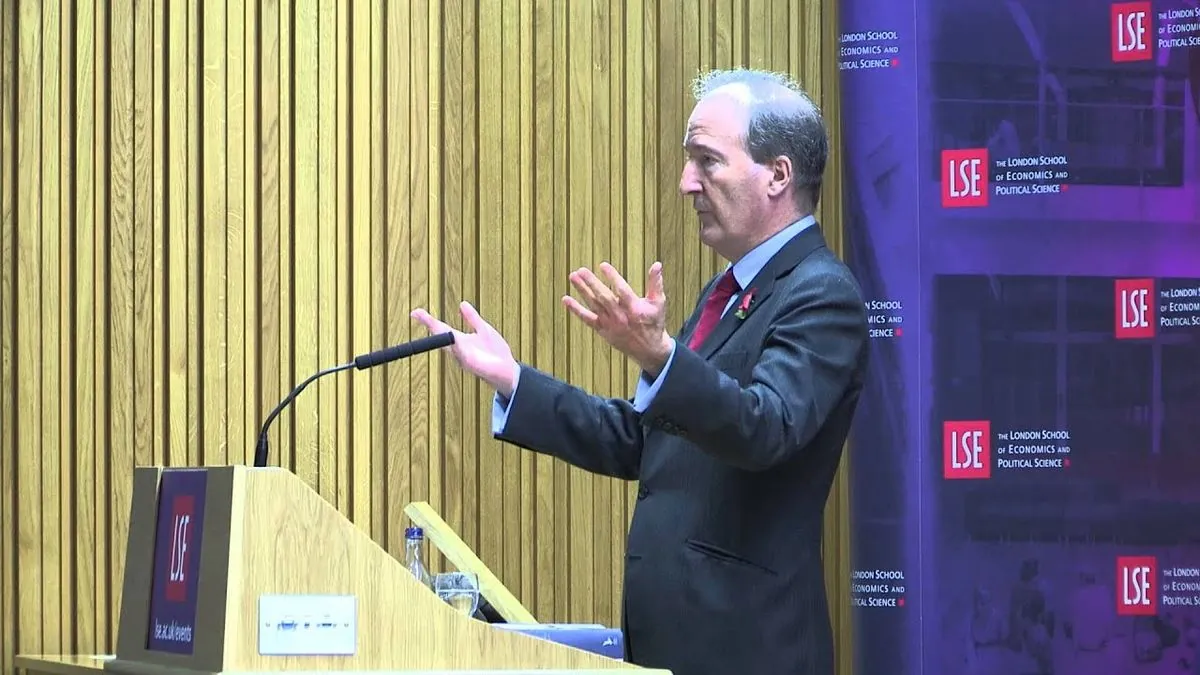Harris's Inheritance Tax Plan Could Trigger "Tax Armageddon" for Wealthy Americans
Vice President Kamala Harris proposes significant changes to inheritance tax rules, potentially quadrupling taxes on large estates. Wealthy Americans rush to transfer assets before potential 2025 implementation.

Kamala Harris, the current Vice President, is proposing substantial changes to inheritance tax rules that could significantly impact wealthy Americans if she wins the upcoming presidential election in November 2024. These proposals, reminiscent of Joe Biden's 2020 campaign promises, aim to increase federal revenue but have sparked concerns among high-net-worth individuals.
The proposed changes include lowering the estate tax threshold from $13.6 million to $3.5 million and eliminating the "step-up basis" rule for inherited properties. This rule, which has been part of the US tax code since 1921, currently allows heirs to avoid capital gains tax on inherited properties. The estate tax, first enacted in 1916, has undergone numerous changes over the years, with the highest rate reaching 77% between 1941 and 1976.
Under Harris's plan, the impact on large inheritances could be substantial. For instance, a $20 million property inherited from a relative who owned it since the mid-1960s could face a tax bill of $13.2 million, nearly quadrupling the current $3.5 million tax. This includes $9 million in estate taxes at a 55% rate above the new threshold and $4.2 million in capital gains tax upon sale.
In response to these potential changes, many wealthy Americans are preemptively transferring assets to their children. David Lesperance, a financial adviser, describes the situation as "tax Armageddon," with clients "gifting like crazy" to avoid future tax liabilities. It's worth noting that gift tax and estate tax are unified in the US tax system, allowing for strategic planning.
Harris's tax proposals extend beyond inheritance. She plans to tax unrealized capital gains for individuals worth over $100 million and increase the capital gains tax rate to 28% for top earners. These measures aim to boost Treasury revenue by trillions of dollars. However, they face potential opposition in Congress, particularly from Republicans.

It's important to note that the current estate tax system affects only about 0.1% of estates, with the tax accounting for less than 1% of total federal revenue. The system includes various provisions, such as charitable bequest exemptions and special valuation methods for family-owned farms and businesses.
While Harris argues these changes are necessary to fund inflation-busting price controls, critics like Jay Clayton, former SEC commissioner under the Trump administration, have called taxing unrealized gains "one of the worst tax ideas floating around." The debate highlights the ongoing tension between revenue generation and wealth preservation in US tax policy.
As the 2024 election approaches, the potential implementation of these tax changes in mid-2025 looms large for wealthy Americans. The outcome will likely depend not only on the election results but also on the composition of Congress and its willingness to enact such significant tax reforms.
In the broader context of global tax policies, it's noteworthy that some countries, like Canada and Australia, have abolished their estate taxes altogether. The US, however, continues to maintain and potentially strengthen its estate tax system, including provisions for non-resident aliens with US-situs assets.
As the debate continues, financial advisors are urging clients to consider their options carefully. With the current estate tax exemption temporarily doubled under the Tax Cuts and Jobs Act of 2017, and provisions like the marital deduction and portability offering planning opportunities, wealthy Americans are navigating a complex landscape of potential tax changes in the coming years.


































